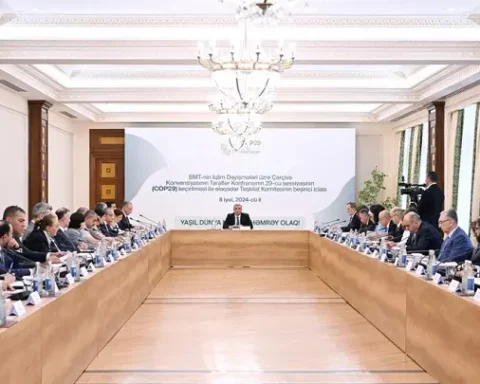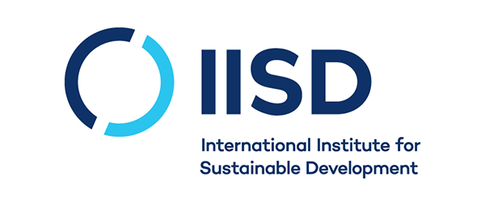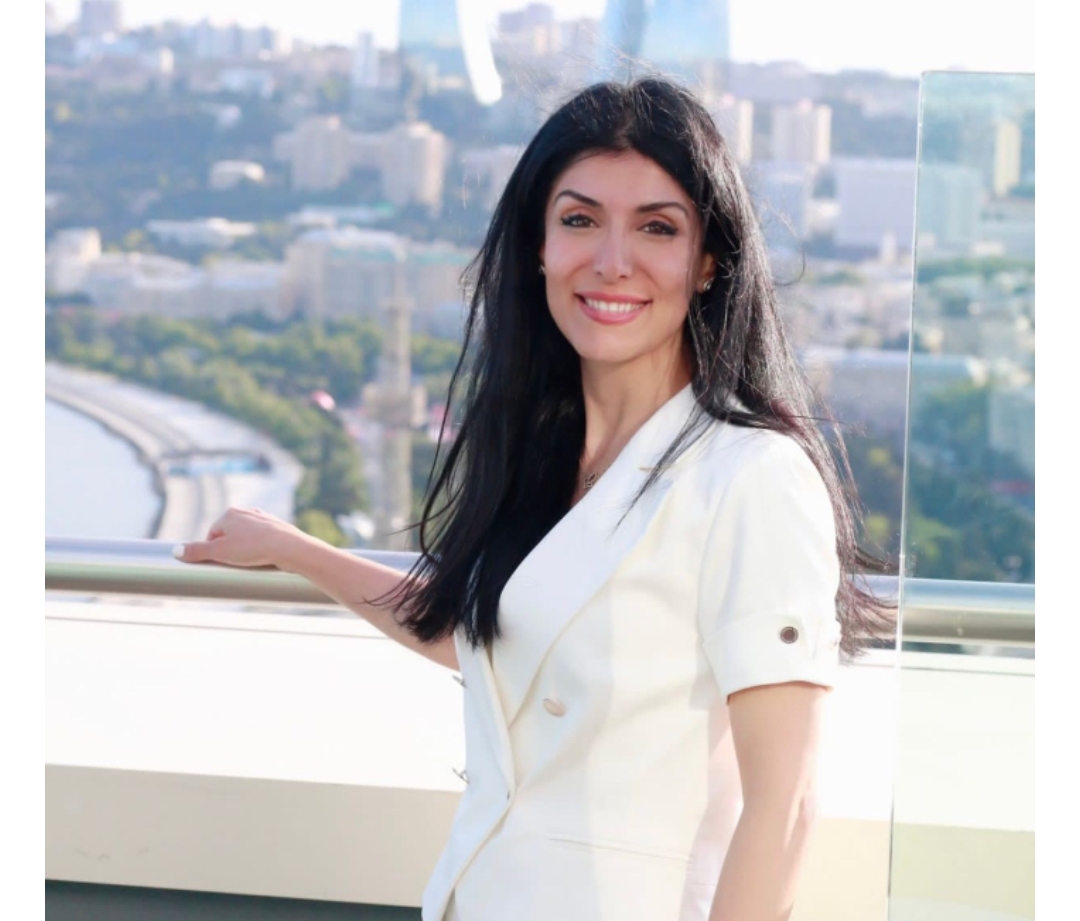Although 2024 has just begun, the coming months will determine if Cop29 will be a success and whether benefits will trickle down to vulnerable communities in developing countries.
The Cop29 summit in Baku in November will focus on climate finance.
Government negotiators in the Global North always tell us that their ambition on finance depends on their parliaments.
This has been highlighted by developed countries in so many negotiations.
They stress that they have no mandate, or possibility to scale up funds, as parliaments will not approve.
So, as parliamentarian debates about budgets and allocations begin early in the year, they need to act now.
Just a few weeks ago, Cop28 concluded. The result has been presented as a success, with a new fund for loss and damage, a global goal for adaptation and the first steps towards a transition away from fossil fuels.
But all commitments, and promises at Cop28, as well as previous summits, depend on available, scaled up and accessible climate finance.
This is why the next summit, Cop29, will become so important. In Baku, governments will set a new post-2025 finance goal and this will have implications for all previous agreements about scaled up ambition on cutting emissions, adapting to climate change, loss and damage and technology transfer.
The climate finance gap is huge, and yet growing. Without more, and accessible funding, humanity will never manage or tackle the climate crisis.
Mobilisation of more climate finance is crucial, especially for the least developed countries, where access to funding has been lacking, not for years, but for many decades.
Without more grant-based funding, our plans to adapt to climate change and cut emissions will not be implemented; our efforts to ensure green and sustainable growth and development will not be successful and our possibilities to address the growing threat of climate-related loss and damage will never occur.
So the Cop29 decision on climate finance is vital. Apart from an agreement about scaled up funding, it must also address timeframes, measures and tools for tracking and accounting, and an agreement about where and how funding should be spent and directed.
Scaled up funding can be achieved in different ways. Some parties stress the possibilities for “innovative finance”. That is certainly an area which must be explored.
The Least Developed Countries group proposed an air ticket levy already in 2008, and since then many suggestions have been proposed.
However, innovative finance will only become a supplement, to the funding commitments by the Global North, building on historical responsibility and capability.
I hope governments of the global north will arrive at Cop29, with strong and ambitious parliamentarian mandates, including scaled up climate finance, to engage in the negotiations.
We must all remember that without finance, there is no action, and without action we will never be able to manage the climate crisis.
By Evans Njewa
Evans Njewa is the chair of the Least Developed Countries group and an official in Malawi’s environment ministry








